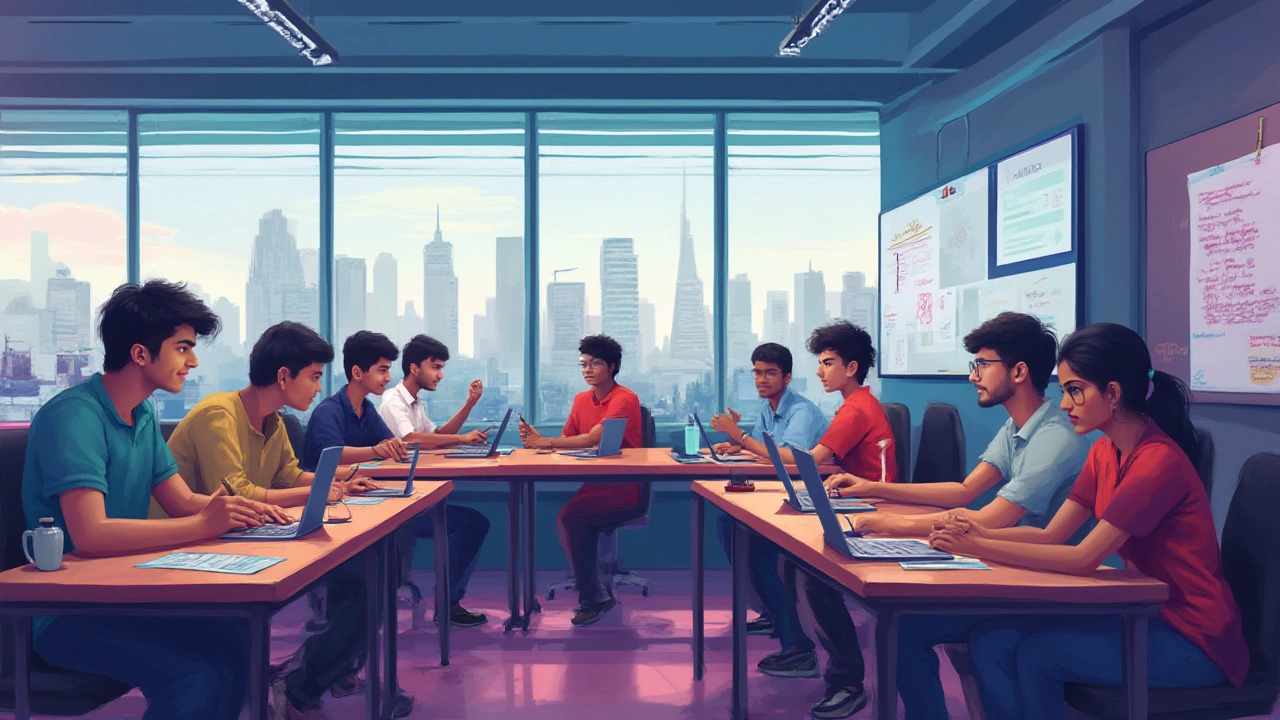Programming vs Coding: Understanding the Real Difference
If you’ve ever Googled "programming vs coding" you probably got a mix of definitions that sounded the same. The truth is, coding is a piece of programming, not the whole picture. Knowing where the line is helps you pick the right learning path, avoid frustration, and talk the language of employers.
Coding: The Basics
Coding is the act of writing instructions in a language a computer understands – think JavaScript, Python, or C++. It’s like spelling out a recipe step by step. You tell the machine exactly what to do, without worrying about why the recipe exists. Most beginners start here because you can see results fast: a simple app, a game, or a web page pops up after a few lines of code.
Key things to remember when you code:
- Syntax matters – a missing semicolon can break everything.
- Debugging is part of the process; you’ll spend as much time fixing bugs as writing new lines.
- Tools like IDEs and linters help you catch mistakes early.
Because coding is concrete, you can practice on platforms like Codecademy or freeCodeCamp and get instant feedback. That’s why many students think mastering coding means they’re ready for any tech job – but there’s more to the story.
Programming: The Bigger Picture
Programming wraps coding inside a larger problem‑solving framework. It’s about designing solutions, planning architecture, and thinking about scalability. When you program, you ask questions like: What data will this app handle? How will users interact with it? Which features are optional and which are essential?
Programming involves:
- Algorithm design – deciding the steps to solve a problem efficiently.
- System design – choosing databases, APIs, and server setups.
- Testing strategy – writing unit tests, integration tests, and performance checks.
In short, coding is the “how,” programming is the “why” and “what.” A good programmer can write clean code, but also knows when to refactor, how to document, and how to work with a team using version control tools like Git.
So, why does this distinction matter for you?
- If you want to build quick scripts or small web widgets, strong coding skills may be enough.
- If you aim for roles like software engineer, product developer, or tech lead, you need the broader programming mindset.
- Employers often ask about design patterns or system architecture in interviews – that’s pure programming territory.
One practical way to bridge the gap is to take a small coding project and then ask yourself: How would I scale this? What tests would I add? Which parts could be reused? Turning a simple script into a mini‑application forces you to think like a programmer.
Remember, you don’t have to master everything at once. Start with coding, get comfortable with syntax, then layer on programming concepts. Mix hands‑on practice with reading about algorithms, data structures, and software design. Over time, the line between the two blurs, and you’ll find yourself naturally thinking in both languages.
Bottom line: coding gets you a working piece of software; programming gets you a robust, maintainable solution. Knowing the difference helps you set realistic goals, choose the right courses, and speak confidently in interviews. Ready to level up? Pick a small project, write the code, then sketch out a simple architecture – you’ll see the gap shrink fast.
Programming vs Coding: Real Differences Explained for Beginners
Discover the real differences between programming and coding. Understand their roles, skills required, and how they fit into tech careers. Learn which is right for you.
read more